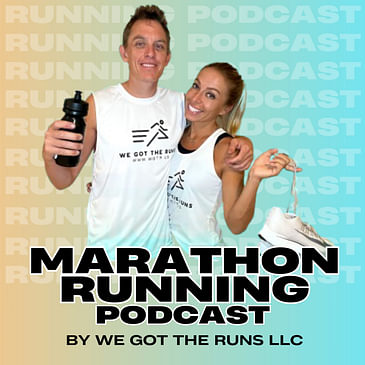On this special 4th anniversary of the Marathon Running Podcast, we are honored to share the incredible journey of Jared Ewing. After being hit by a drunk driver, Jared faced immense challenges but refused to be defined by that moment. Instead, he transformed his life through sheer determination and now stands as a marathoner, inspiring others with his resilience and strength. Jared's story is a powerful reminder that with perseverance, we can overcome any obstacle and achieve greatness.
This episode is sponsored by TIFOSI OPTICS: Use our 20% off code “MRP20” or use this link: https://tifosioptics.com/discount/MRP20
Support our podcast and check out our RunSwag Tshirts
· Our website: www.marathonrunningpodcast.com
· Our Instagram: @runningpodcast
· Our Amazon Storefront: Amazon Storefront
· Join our Facebook group: SpeedStriders Facebook Group
· Youtube https://www.youtube.com/@RunningPodcast


